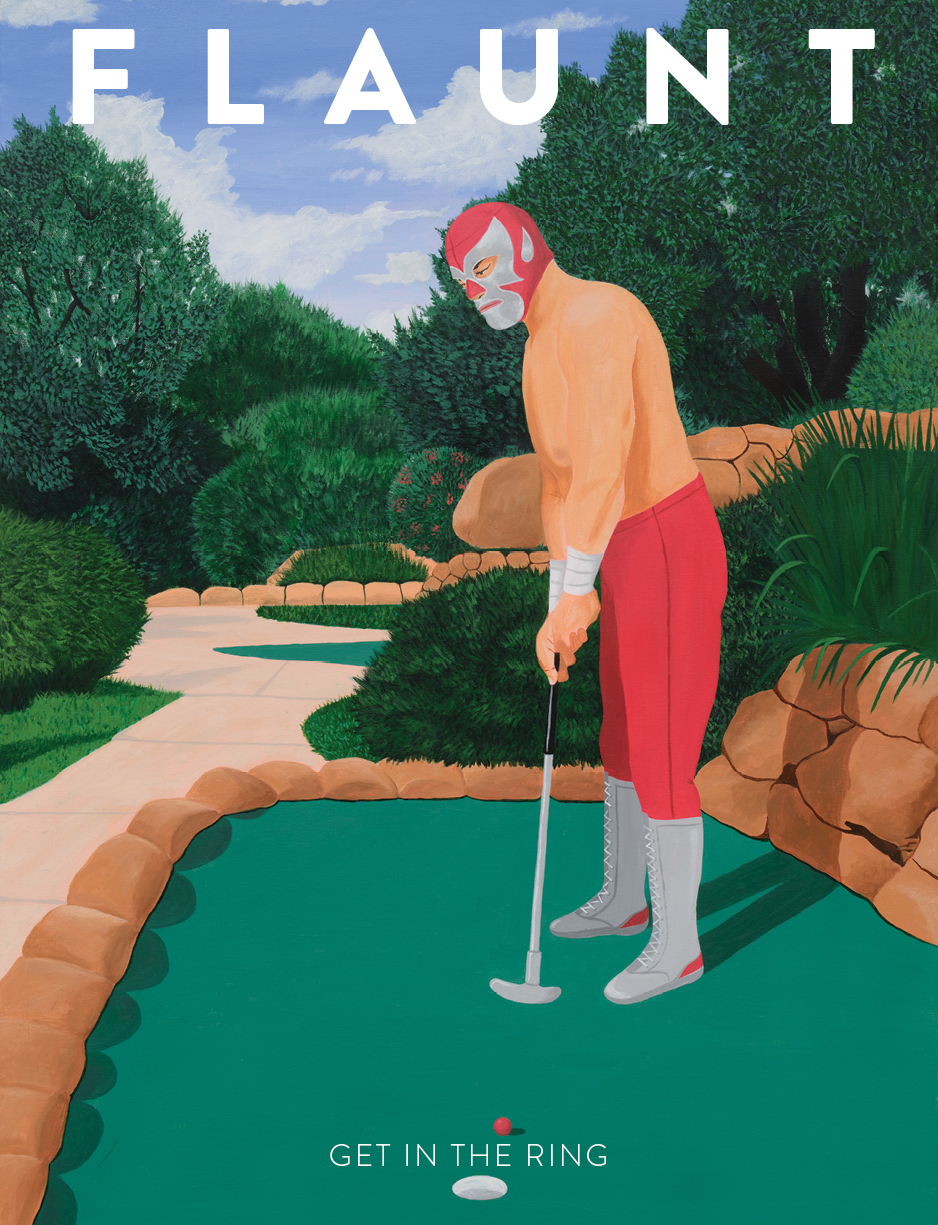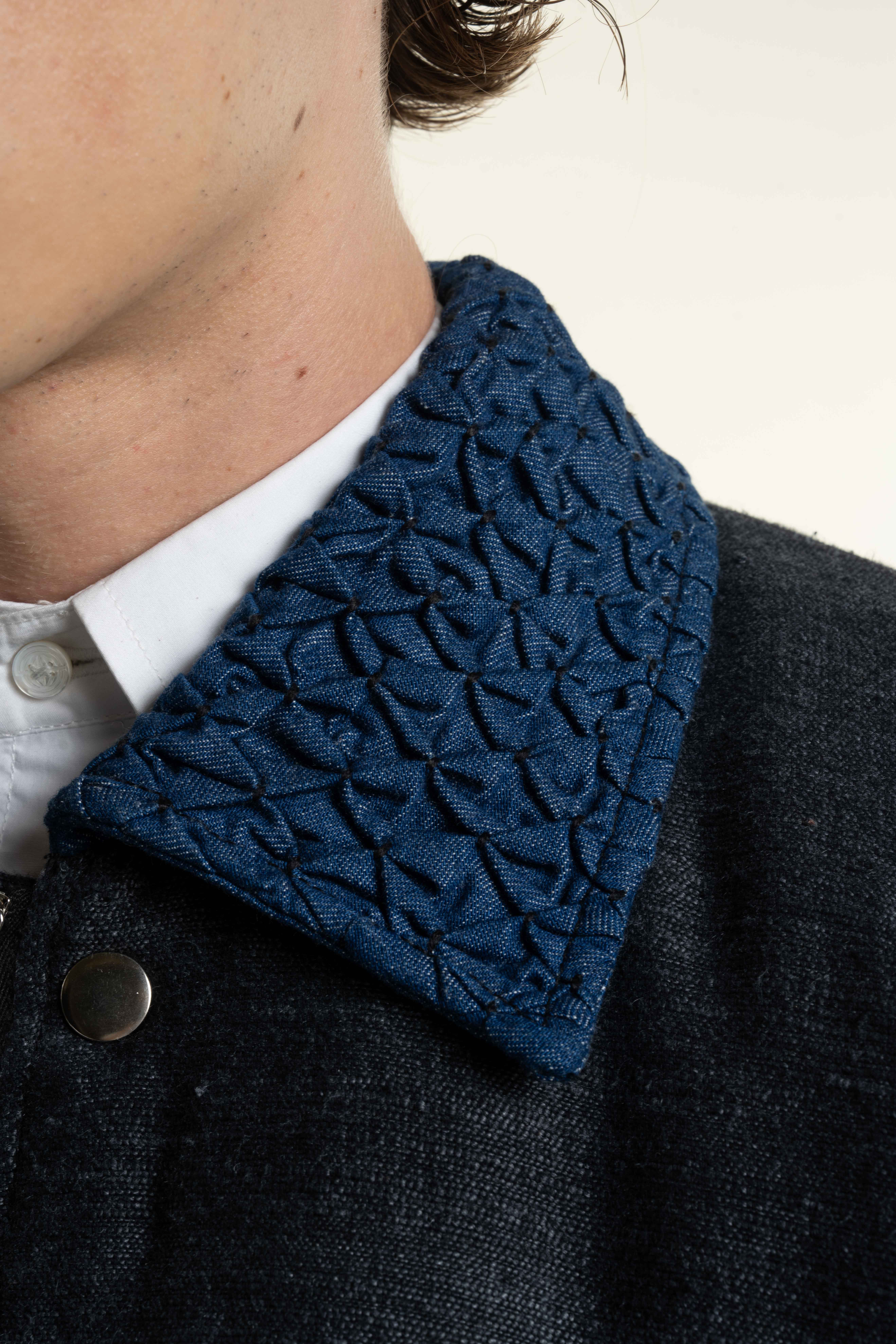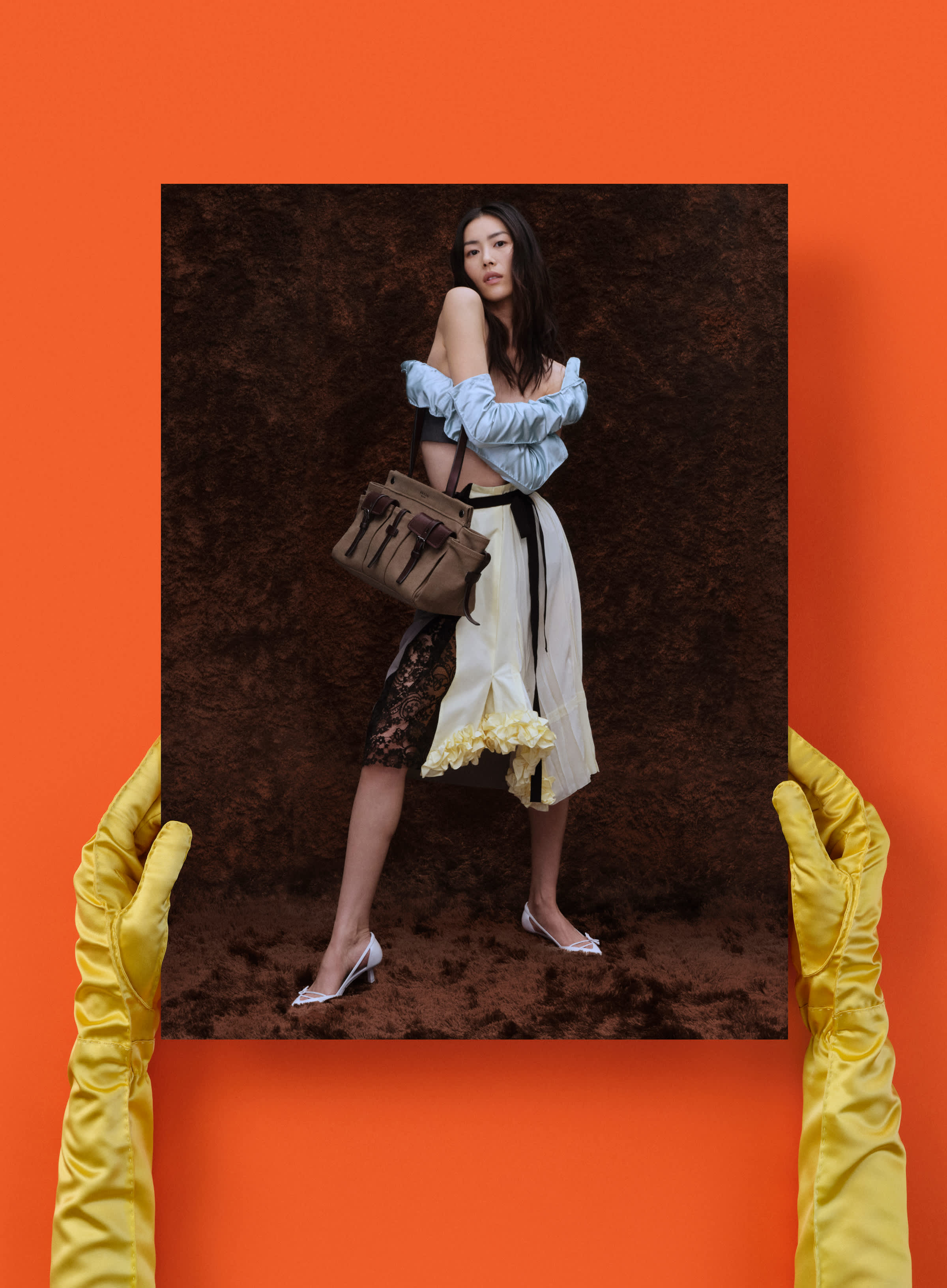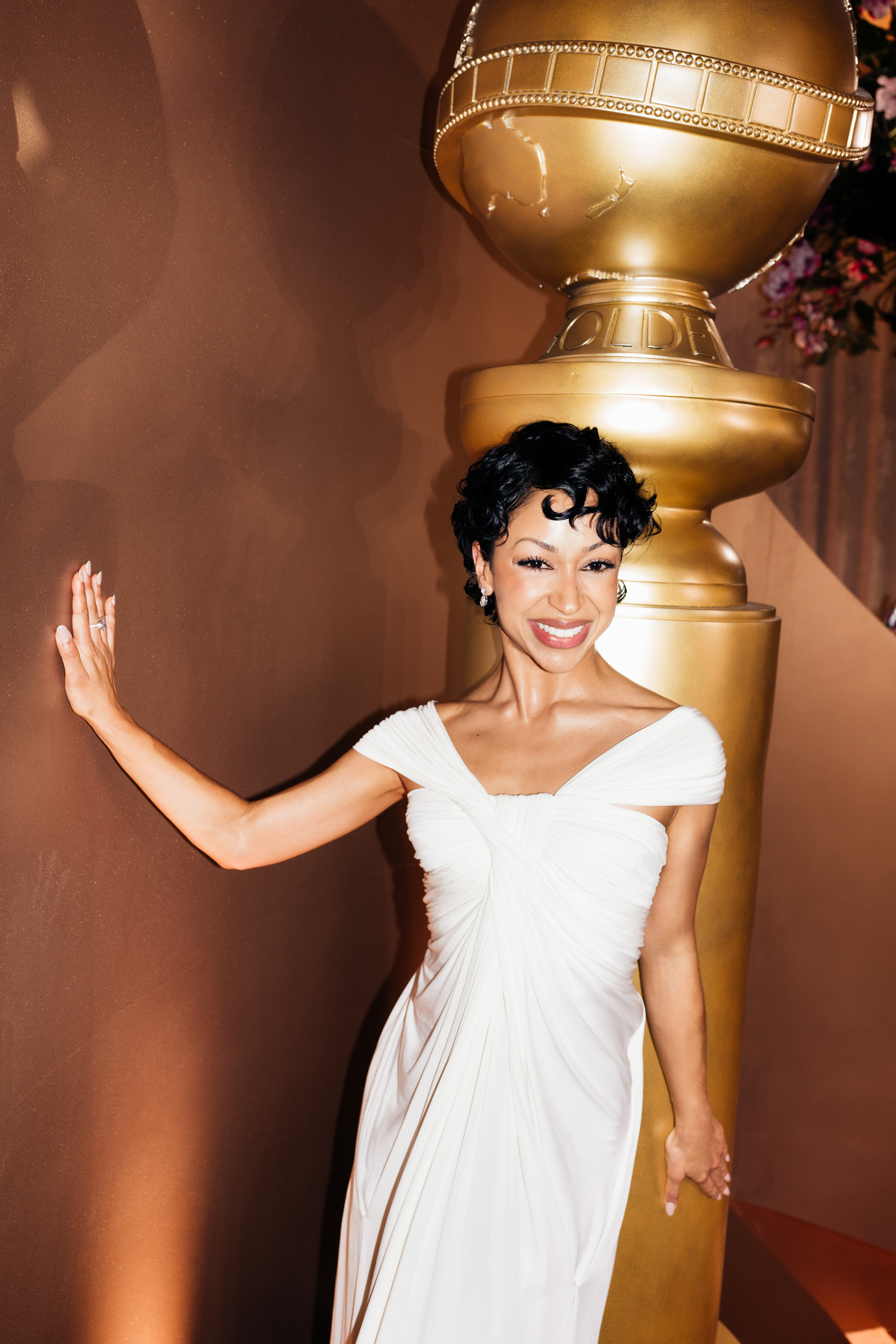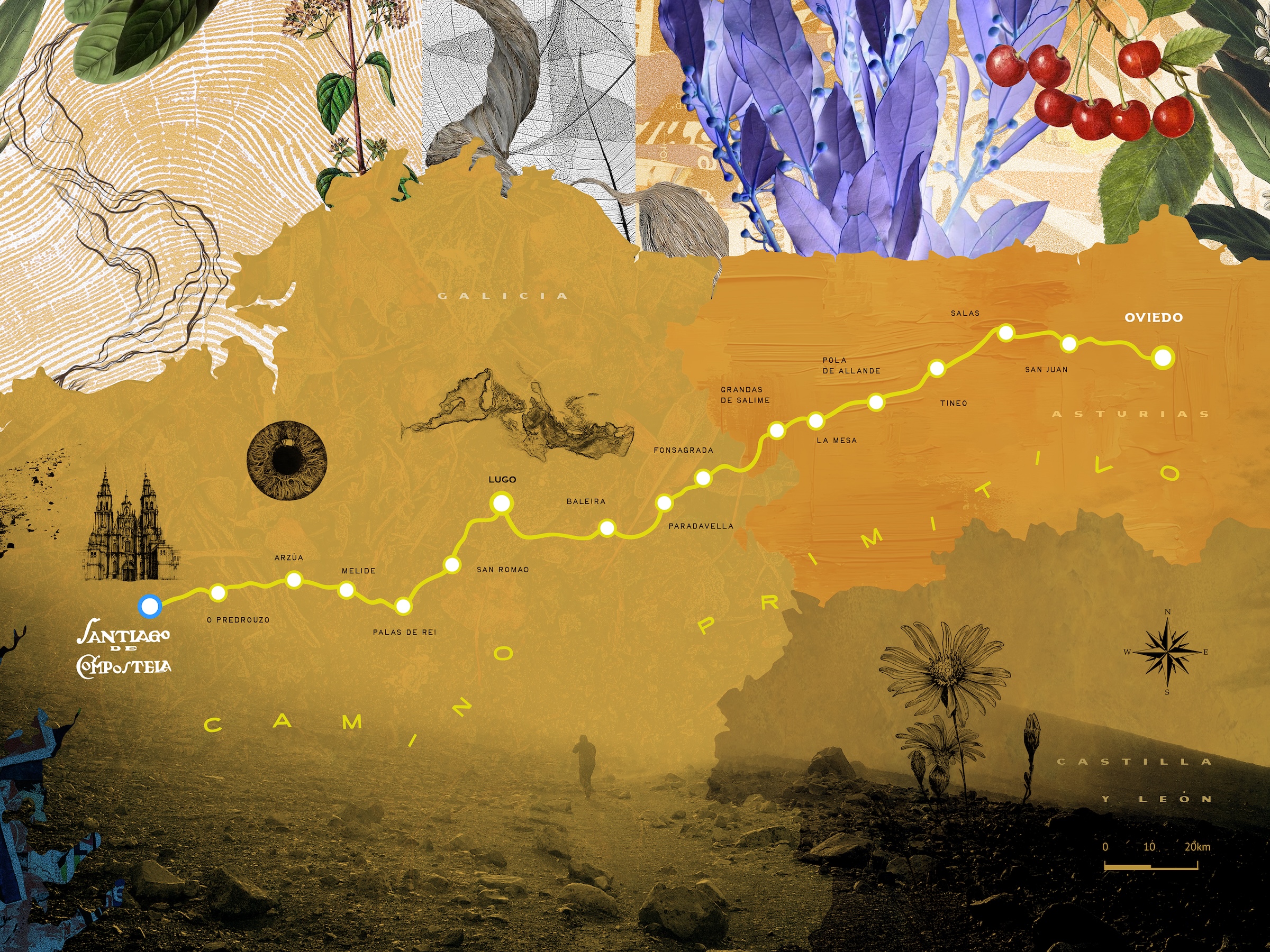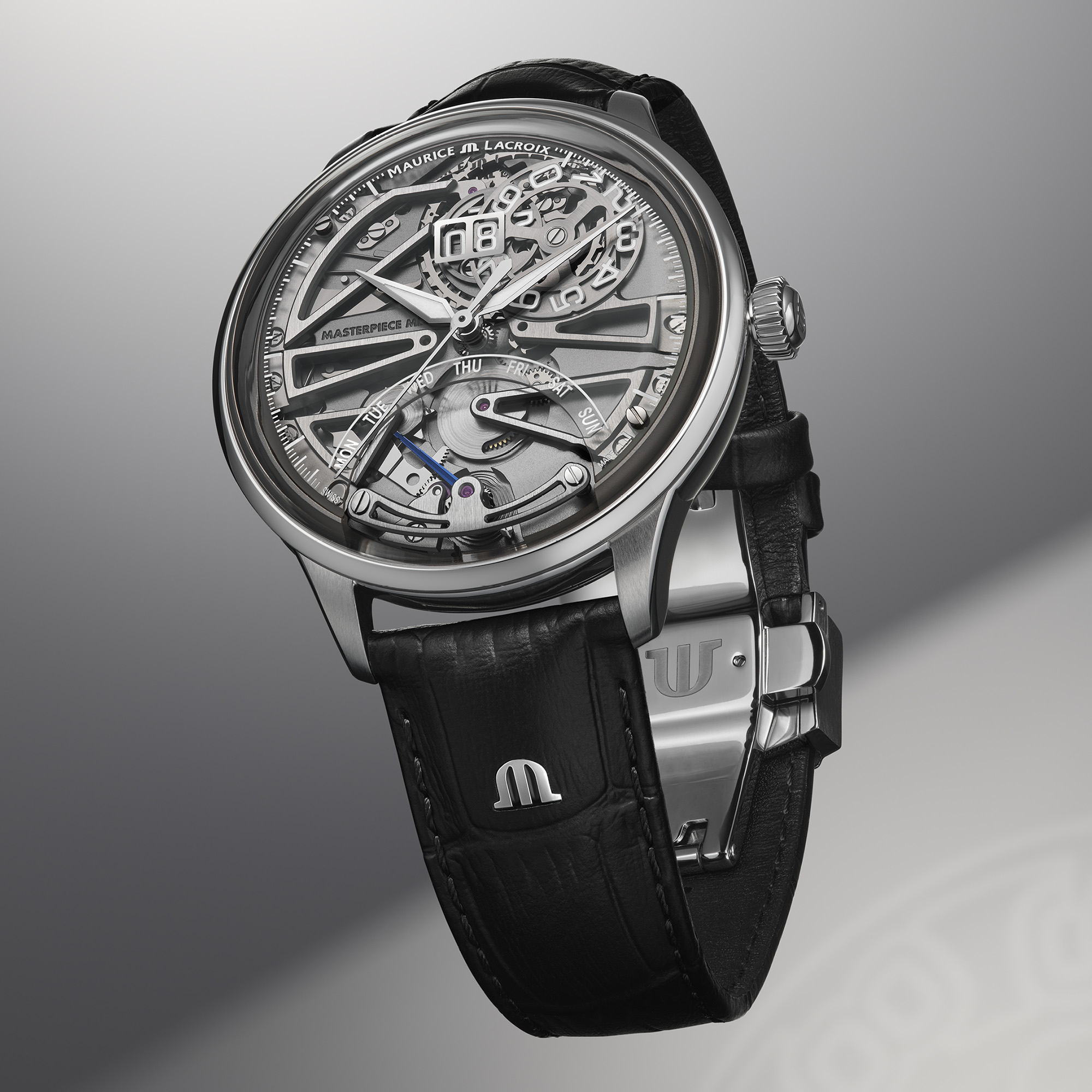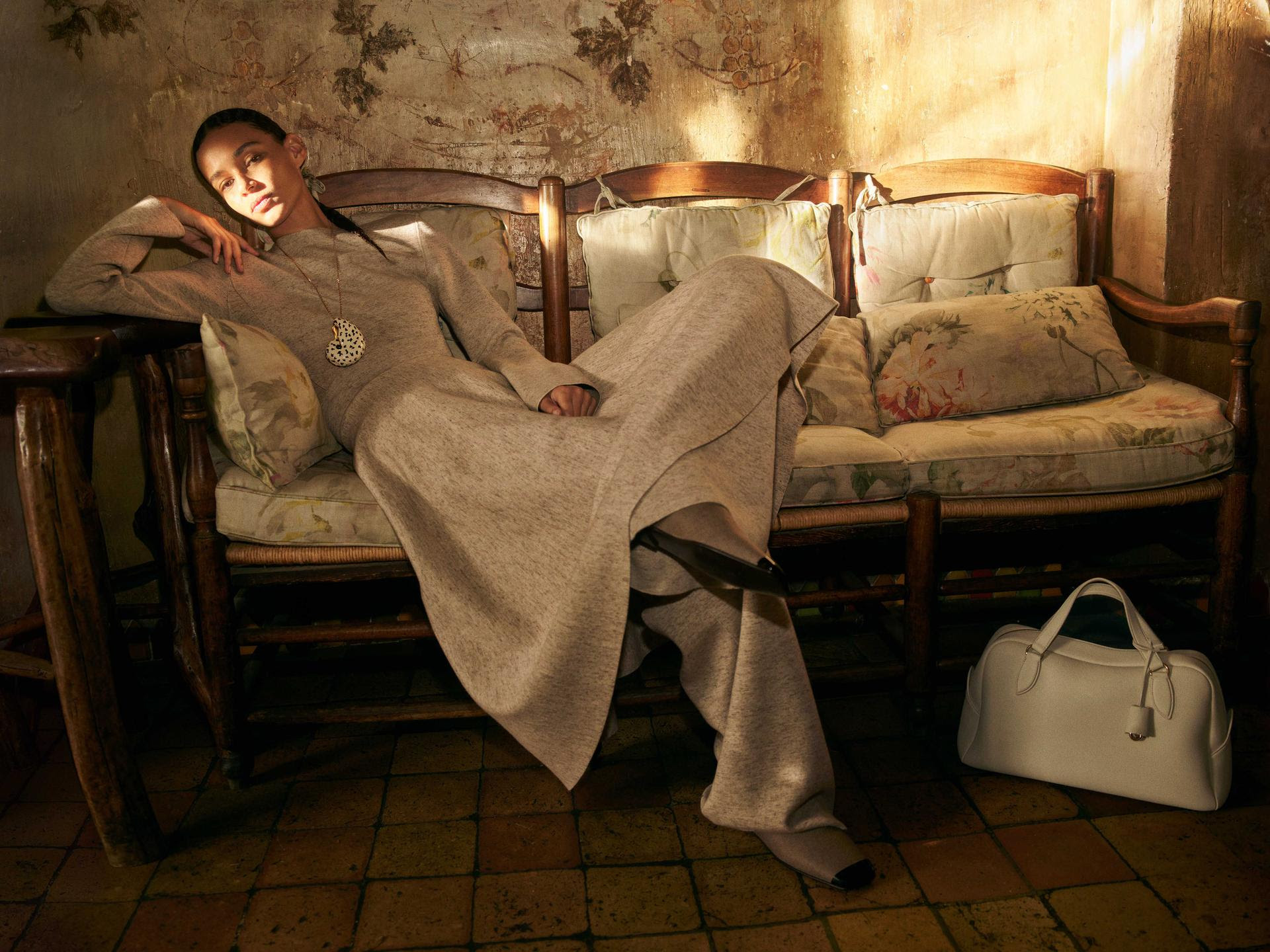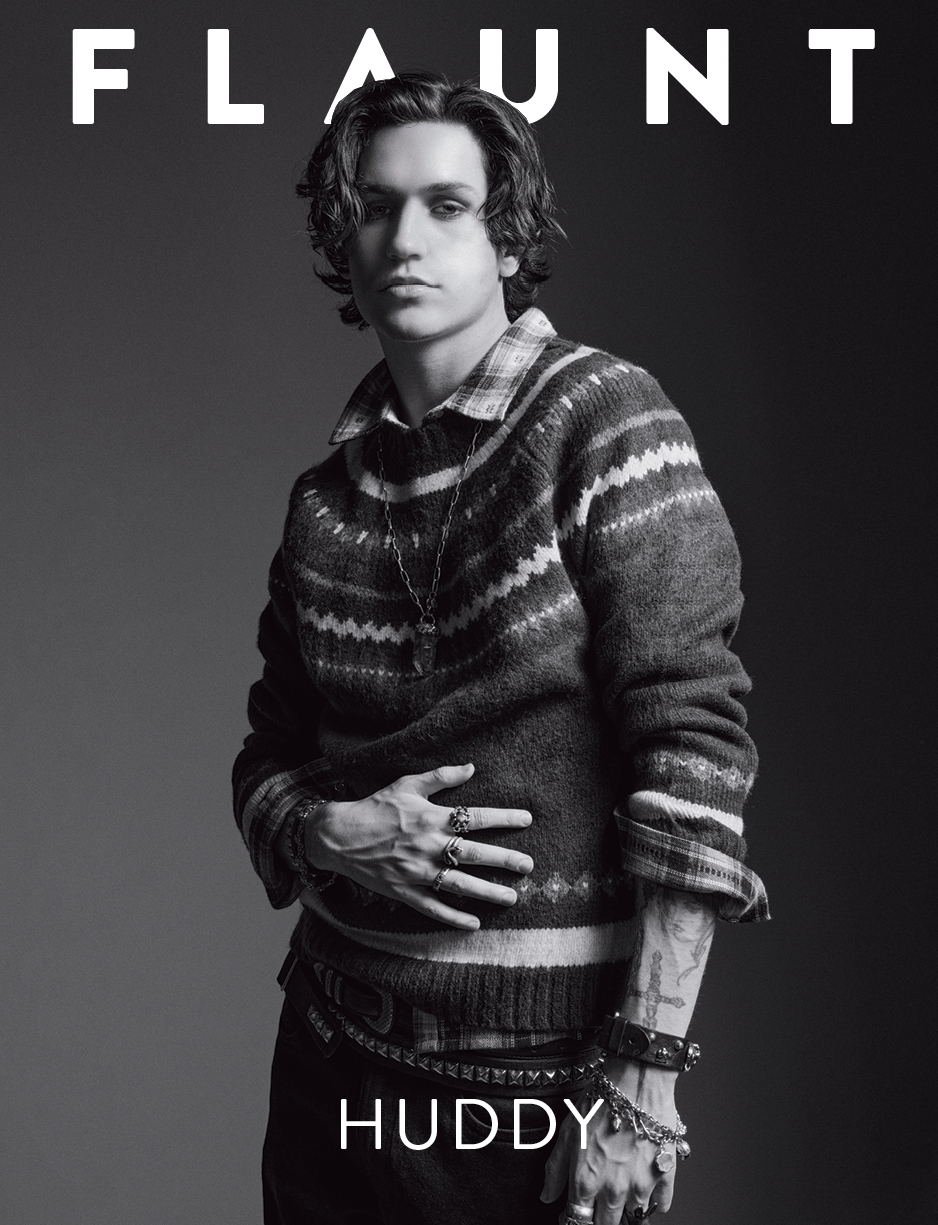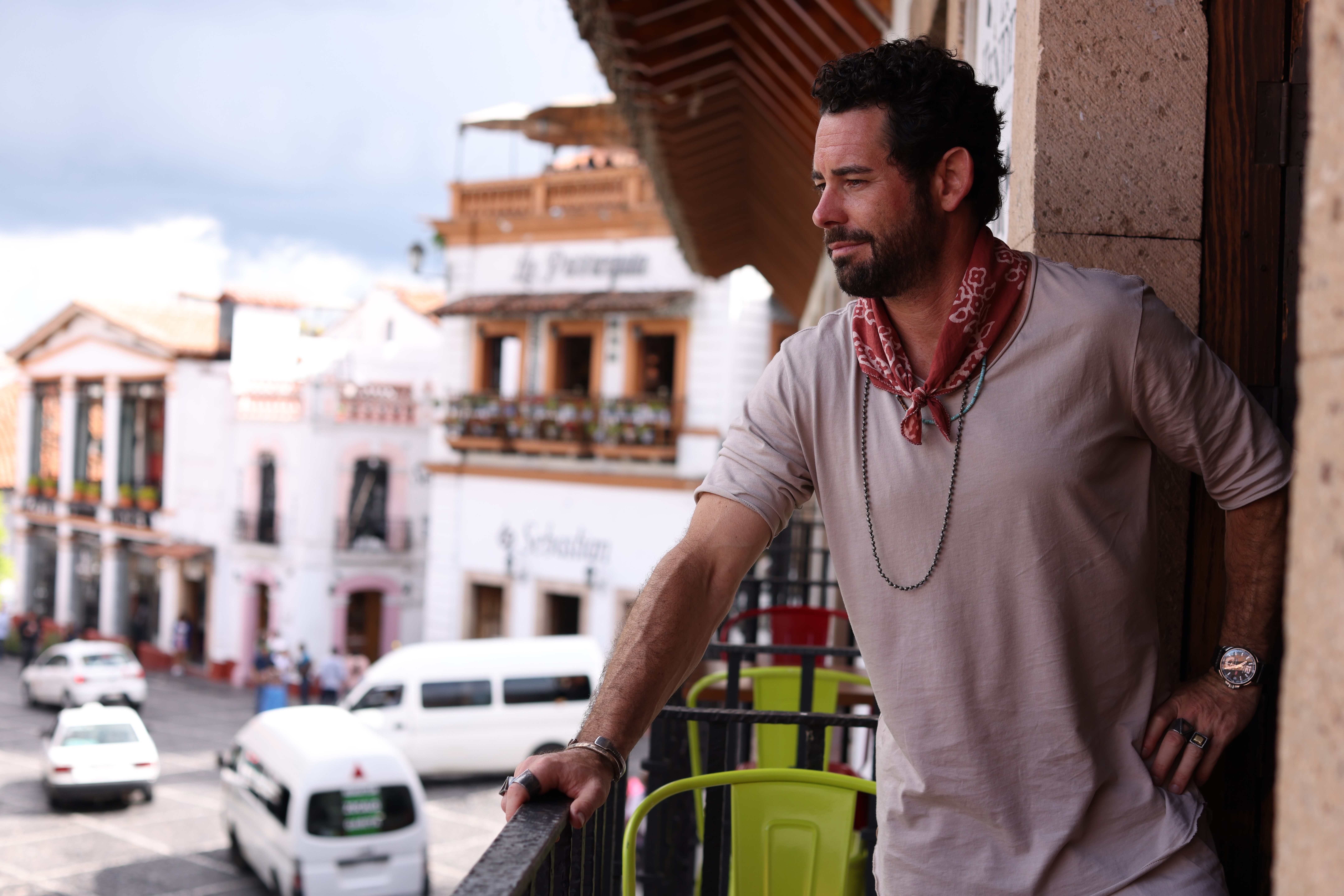You actually mentioned you recorded with all manner of artists at the time, like Tupac himself? Well it just happened that Dr. Dre and Tupac’s engineer lived in my house on Sunset. That’s how it came to be. All of the sudden I was exposed to this music, so then I was playing with them… What’s interesting is that when I was out here, I played saxophone at the China Club, and the China Club is where all the musicians came. I played with Prince, I played with the Kal David band. Rick James came to play. I was immersed with all these great musicians.
And what was the sort of lightning bolt moment that deepened your involvement? I was a guest at a part of John Paul DeJoria’s house, the guy that started Paul Mitchell. I was at the bar drinking Patrón with Rod Stewart, who I had just met. We got to laughing and I said, “Rod, let’s go play with the band. I’ve got my sax in the car.” I went to get out my sax and next thing we’re on stage with the band. And that’s where JP was like, ‘Wow, you’re great.’ I didn’t have a record deal at the time, but he was like, ‘How can I help you? Come to my office.’ So inspiring. So I end up playing his gatherings where ten thousand people come, all his hairdressers. He puts a package together, about a hundred and fifty thousand CDs, and distributes them at the salons, which was a catapult to me getting a record deal. It was outside the box, and that really helped me stand out from the rest. That’s what he does. He builds people up. All of the sudden, when my record was done, all of the record labels wanted some. That’s when I ended up getting into the record business with Universal. They pushed me because JP believed in me. And what a vision. He actually started Patrón Tequila 29 years ago, sold it for five billion bucks. And what is he doing now? Giving back. He’s doing great things, and he’s always done that. Doesn’t just go buy a yacht or whatever. He’s such a humanitarian. The guy is just too good to be true.

Has LA changed a lot to you since coming here? Oh man, in so many ways. To start, there was no bottle service. You’d go out, it wasn’t all the phones with the cameras. You’d go out there, you’d talk to people, not everyone was staring at their phones. That’s just in general, not just LA. But it’s not the same as it used to be. It still is beautiful. It’s still got talented people. Beautiful beaches, you know, beautiful hills. I suppose it’s just that technology has changed. And how did you make the music to fashion transition? Were you inspired by something in general? Being in that circuit, going to Paris, seeing all that, the fashion shows and having friends in the fashion business was major. And what goes on in London, Paris, Milan—it's so different. Music propelled me to go and experience the world and fortunately enough there came an opportunity to get involved in something else. I knew what was going on in fashion, I was going to the trade shows, seeing what people were doing out there. And to put a different spin on something was key. These two girls came and pitched an idea, something different with a t-shirt company. Oversized, different shapes, something completely different. That’s when we first launched Wildfox.
And of course it blew up. Was there a key moment in time? A couple girls came to me with an idea. I said as long as it’s the coziest, softest material, I’m down. That’s what I was going for—the best materials with the right washes. But, we couldn’t even get into the majors, because we had just started. One day, a friend, Alessandra Ambrosio, said, ‘Jimmy Sommers, I’ll model for you. I’ll put your clothes on and I’ll take some pictures. But you do it! You take the pictures.’ So when she was in town, I threw the T-Shirts on her. I had never done this before, so I went to Samy’s Camera and said, ‘Give me your best camera.; It was a 5D and I said, ‘Well, what do you do? I’m shooting a Victoria’s Secret model, what do you do?’ And they just go, ‘Yeah right, sir. Just put it in auto.”’ So, I bought the camera for five grand and went and she put on all the shirts. Then Alessandra was like, ‘Well you can’t use these because Victoria’s Secret is going to get mad.’ So, I said, ‘Ok, of course not, I won’t use these.’ Then, at the trade show, I blew up the biggest photo of her, which was overlooking the whole show. People took notice, and the first order I got was a $60,000 order from Kitson. And I go, ‘How did you see us over here? We’re not even in the main show!?’ And of course they said ‘well, we saw that poster of Alessandra.’ Of course, I was in debt, so it was so great. Alessandra was the key thing.

Yes, and the mimicry scales so fast. There’s a lot of copycat brands, but what can you do? Just be original. When I started as Wildfox CEO, we thought simply: let’s make t-shirts like butter. The softest t-shirts ever. People say that our first shirts are like fine wine. They just keep getting better and better. They don’t fall apart. Now we have to keep evolving and doing other things. From dresses and higher fashion stuff. Everyone still loves a good shirt and sweats and loungewear, but you have to watch where the world is up to.
And now we’re all watching each other on little screens? Yes! Instagram wasn’t around when we started. In fact, we were one of the first accounts to get so many followers. Now, everyone’s influenced by it, which is kind of sad, because it can easily get carried away. It’s good to get these people’s support, but you know… these influencers have so much coming to them. If someone likes a brand, they’ll wear it and talk about it. I talk about a lot of things I like. But, like, one post? It’s not sincere.

You’re always hearing about the pitfalls of growth in the fashion and apparel industry. Any truth to that? You get cocky, but, you know, the consistent factor is you always need some really good people around. I’m still dealing with people that I find out they were faking it. It’s like, what was I doing for the last seven years paying you a hundred and twenty grand? What were you doing? Because I love it when people leave or go and you don’t even need to replace them.

So perhaps it’s more in the creative structure? Who at this stage might you think to be an ideal partner? It’s got to be a funny cat. Look at Pharrell! He’s got all this crazy music, he’s great. We’ve met a few times and once I was like, ‘Aren’t you doing fashion?’ and he named four different companies. Wow, what a talent. So someone like that I’d like to get in the mix. New approach on creative ideas. Even Nike does all these things. Collaborations are big business these days. It sparks energy into something, so I’m looking for collabs and there’s a lot of possibilities. Jimmy, aside from being Wildfox CEO and tequila entrepreneur, how about your personal trajectory? Any excerpts from the book of life? All you can do is just learn from life and other people. But you have to trust other people so you truly can learn from them. And that doesn’t always work out, but you have to try. ‘If you look back,’ my father used to ask me, ‘would you change anything?’ You know what, no I wouldn’t. But maybe I have to say that because my father asked me!
And how about music? You’re still keeping an eye on the scene? I’m always supporting new artists, as I was one back in the day. Lately I’ve been signing country artists. I know how it is, it’s tough. So it’s nice for me to help out other people, and not just for one song. You have to throw a lot in there and see what sticks. I did that with my music. I worked on three albums at once, and could never finish anything! But then I’d be putting together a record in Chicago, and I’d meet someone and they’d be like, ‘Let’s have ten songs in three months.’ And I was like, ‘Wow, that works.’ Deadlines are important!

And how’s it all going to land? What’s the big picture look like? Well, it would be nice to have a great relationship, and kids, and this and that. But who knows? Let’s just say I’m gonna die however, but with a smile on my face. Peter Fonda just passed away, and you know, his sister Jane, that’s what she said, that he ‘passed but he had a smile on his face.’ It’s like, have a good ride, because we’re not here forever.
Photographed by Shane McCauley. Flaunt Film Directed by Lucas Chemotti. Models: Dani Dolinger at LA Models and Patterson Wells at Visions Models LA. Styled by Britton Litow. Hair: Candice Birns using R+Co and Oribe at Nest Artists. Makeup: Cedric Jolivet using MAC Cosmetics at Lowe & Co. Manicurist: Lisa Jachno using Chanel Le Vernis at Opus Beauty.

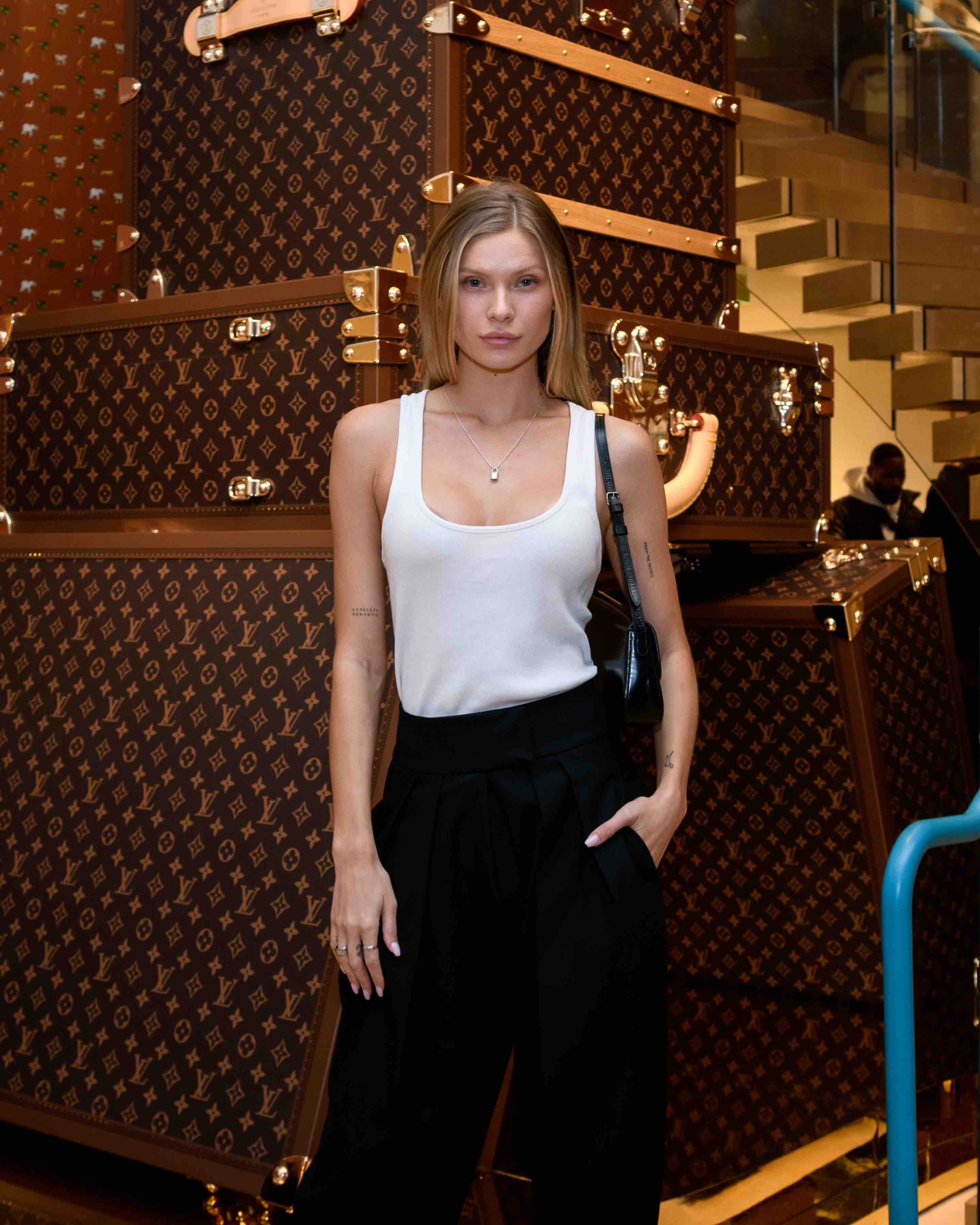
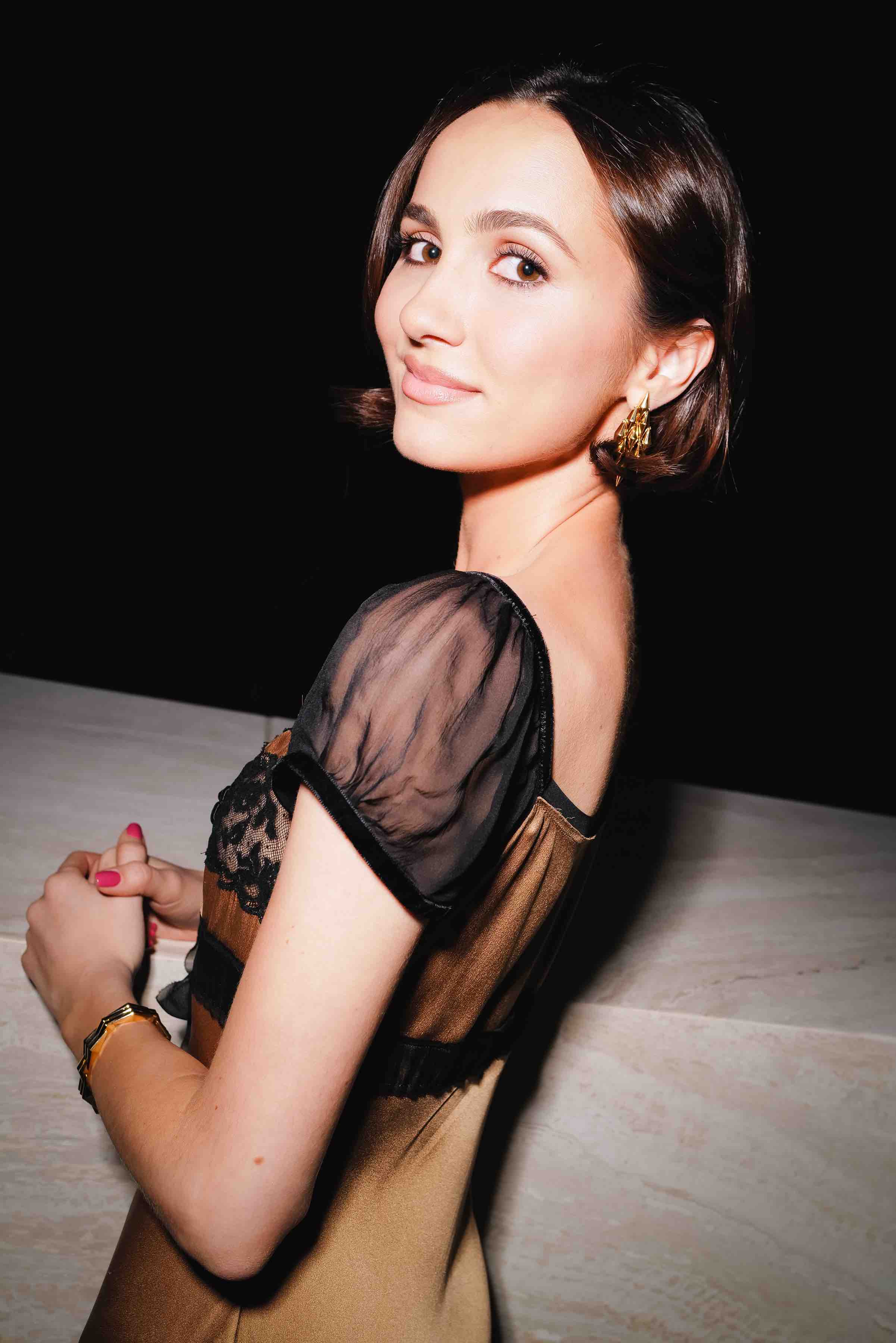
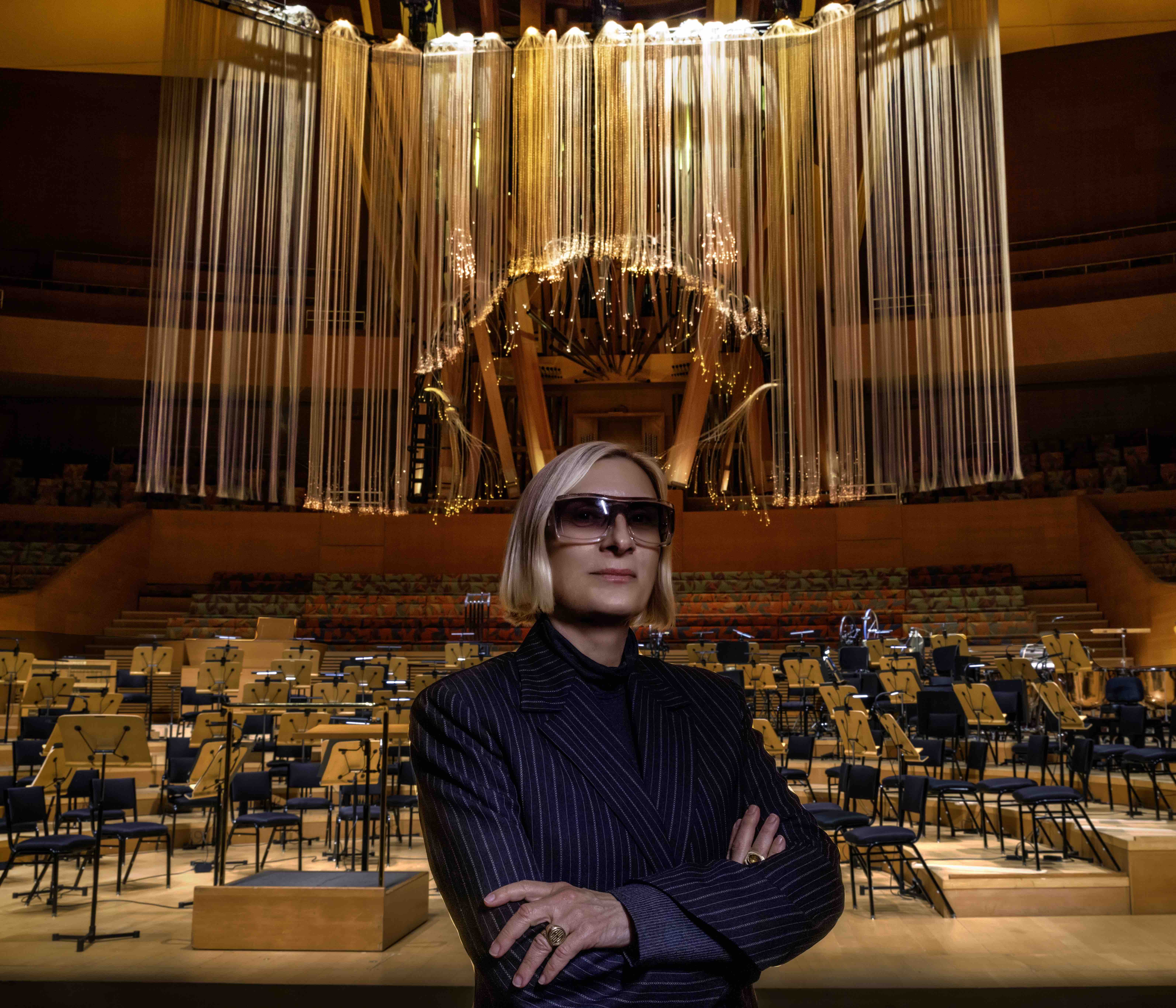
.jpeg)
